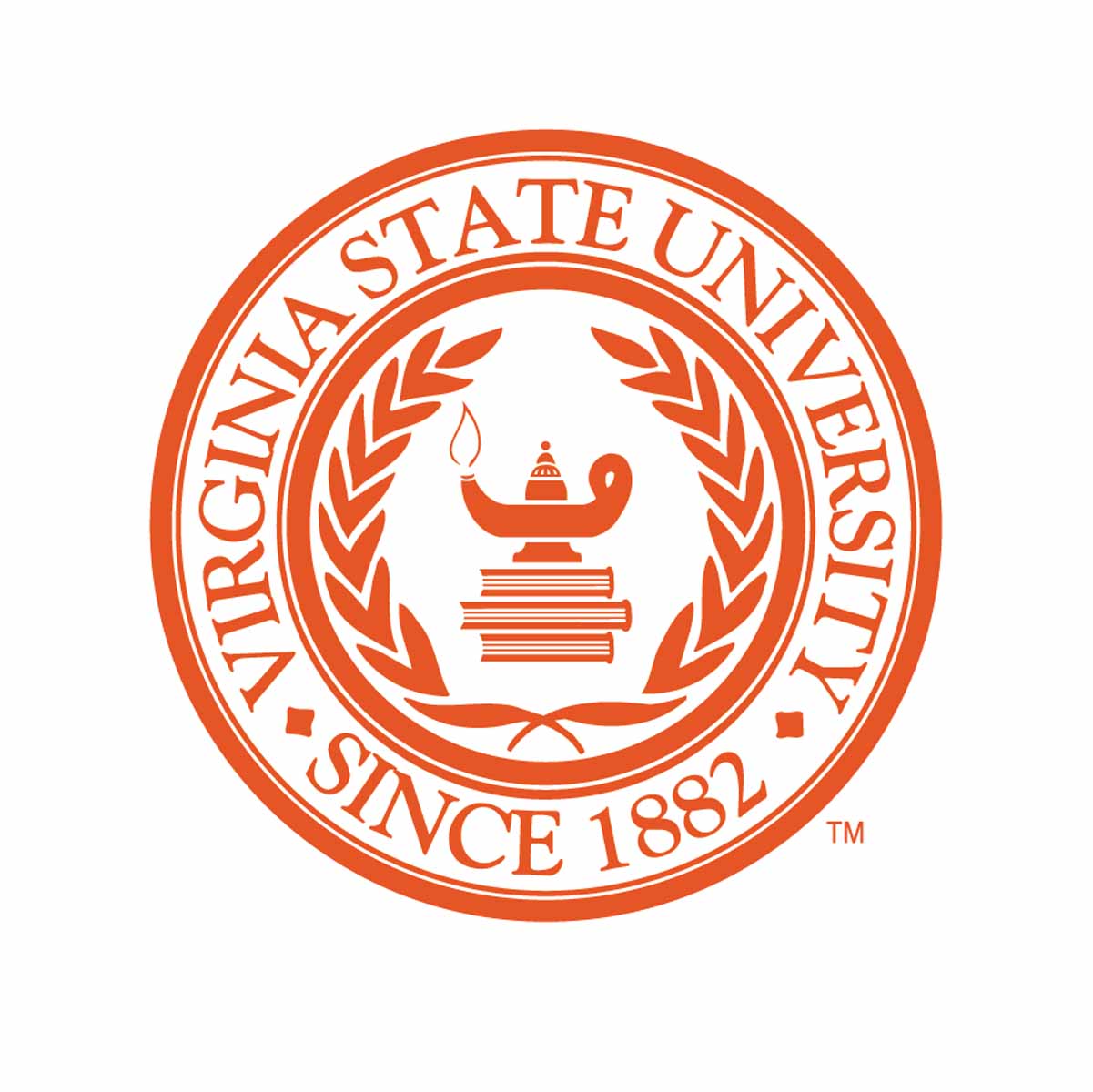Campus Security Authorities
Virginia State University encourages the entire community to report crimes and other emergency situations immediately to help maintain the safest possible environment for students, faculty, staff, and visitors.
According to The Handbook for Campus Safety and Security Reporting, the term Campus Security Authority, or CSA, "is a Clery-specific term that encompasses four groups of individuals and organizations associated with an institution."
- A campus police department or a campus security department of an institution.
- Any individual or individuals who have responsibility for campus security but who do not constitute a campus police department or a campus security department (e.g., an individual who is responsible for monitoring the entrance into institutional property).
- Any individual or organization specified in an institution’s statement of campus security policy as an individual or organization to which students and employees should report criminal offenses.
- An official of an institution who has significant responsibility for student and campus activities, including, but not limited to, student housing, student discipline and campus judicial proceedings. An official is defined as any person who has the authority and the duty to take action or respond to particular issues on behalf of the institution.
Who is Not a CSA?
The following non-CSA positions and functions include, but are not limited to:- faculty member without responsibility for student and campus activity beyond the classroom
- physicians/nurses in Student Health who only provide care for students
- clerical or administrative support staff
- cafeteria staff
- facilities maintenance staff
- information technology staff
- licensed mental health or pastoral counselors when acting within the scope of their license or certificate
- roles with like functions listed above
The function of a CSA is to report allegations of Clery Act crimes that they conclude were made in good faith (meaning that there is reasonable basis for believing that the information is not rumor or hearsay) to the official or office designated by the institution to collect crime report information. CSAs are not responsible for determining authoritatively whether a crime took place and should not try to apprehend the alleged perpetrator
The law mandates the following crimes be reported:
- Murder and non-negligent manslaughter
- Negligent manslaughter
- Sexual Assaults
- Rape
- Forcible Fondling
- Incest
- Statutory Rape
- Robbery
- Aggravated assault
- Burglary
- Motor vehicle theft
- Arson
- Hate crimes: incidents involving larceny, simple assault, intimidation, vandalism or destruction of property, or other crimes involving bodily injury that were classified as hate crimes.
- Types of bias
- Gender
- Race
- Religion
- Sexual Orientation
- Ethnicity/National Origin
- Disability
- Gender Identity with subcategories Gender Nonconforming and Transgender
- Types of bias
- Dating Violence
- Domestic Violence
- Stalking
- All liquor, drug, or weapons law violations resulting in an arrest or disciplinary referral
If a CSA is in doubt as to whether a crime is reportable, please err on the side of reporting the matter. With the exception of liquor, drug, and weapons law violations, it is immaterial whether an arrest or disciplinary referral is made. For purposes of CSA reporting, please define a hate crime as any crime manifesting evidence that the victim was selected because of the victim’s actual or perceived race, religion, sexual orientation, gender, ethnicity/national origin, disability or gender identity.
While CSAs are only obligated to report Clery Act qualifying crimes that are reported to them which occurred on Clery reportable locations , CSAs are encouraged to report all crimes reported to them to the VSU Police. Student Affairs affiliated student employees are directed to report all non-emergency criminal incidents to their direct supervisor.
